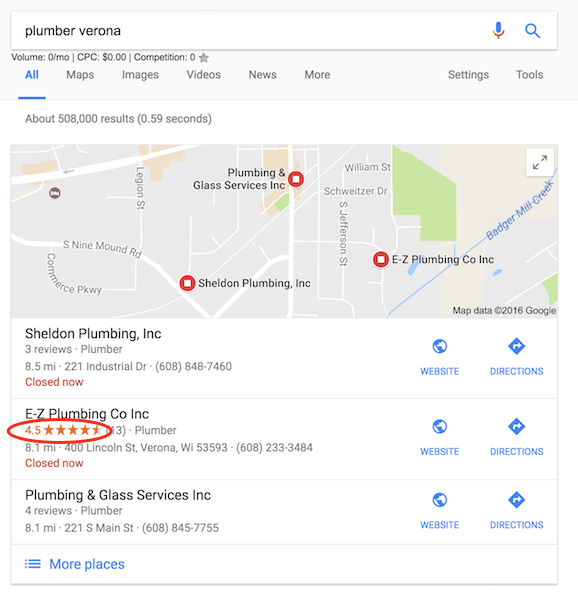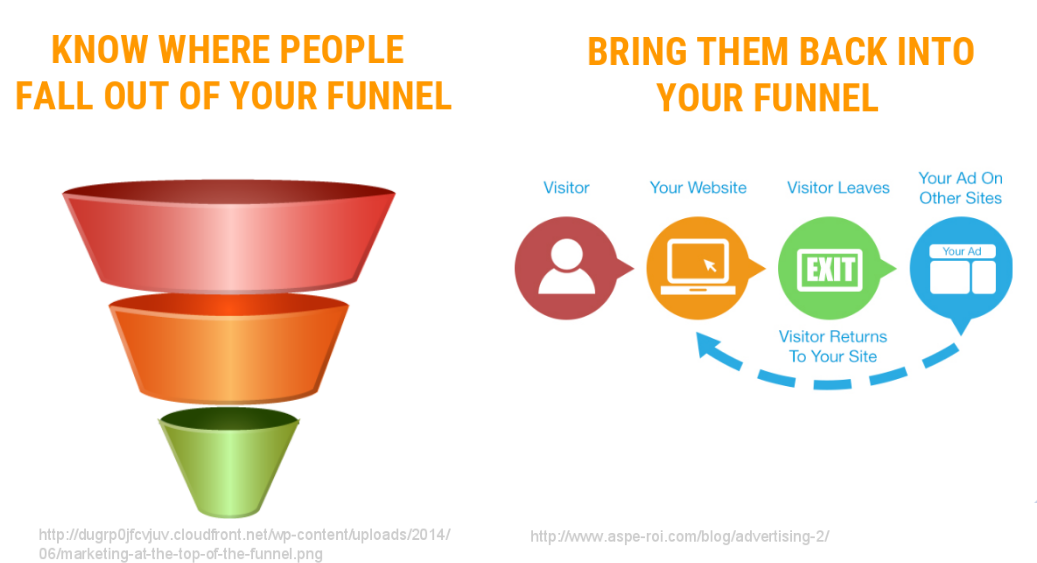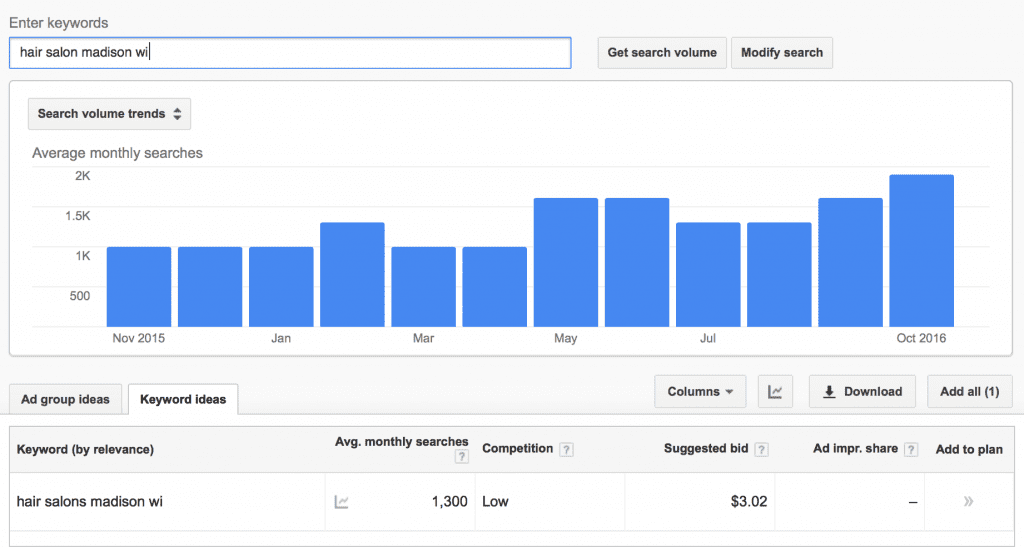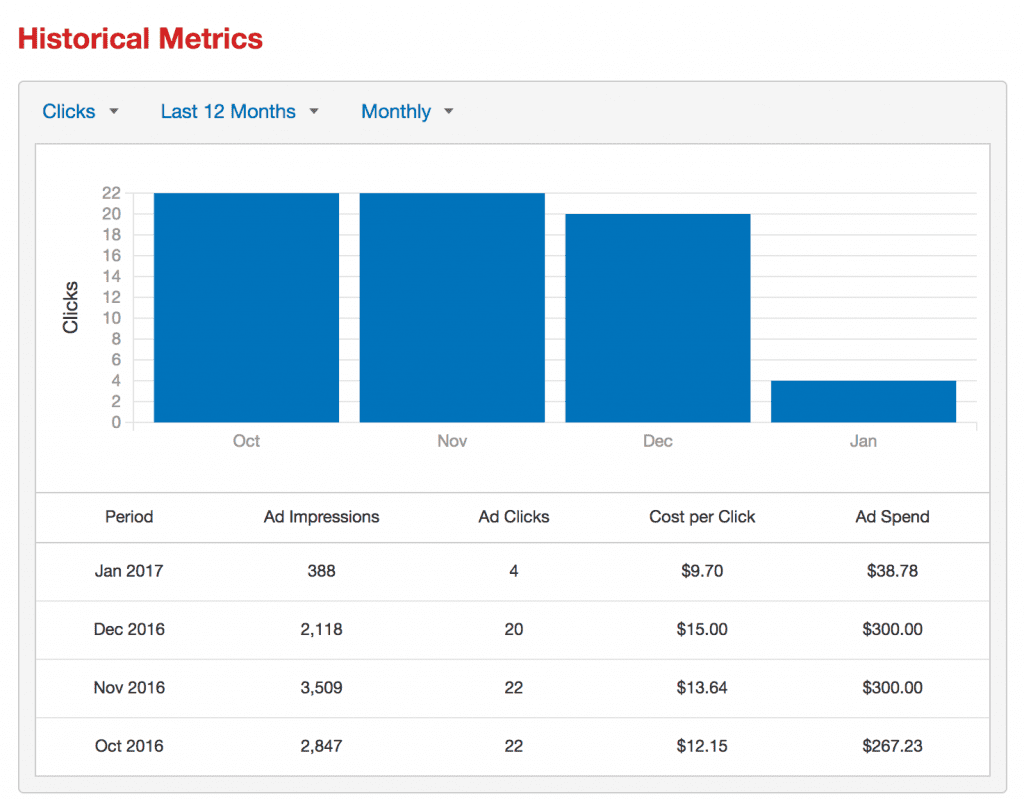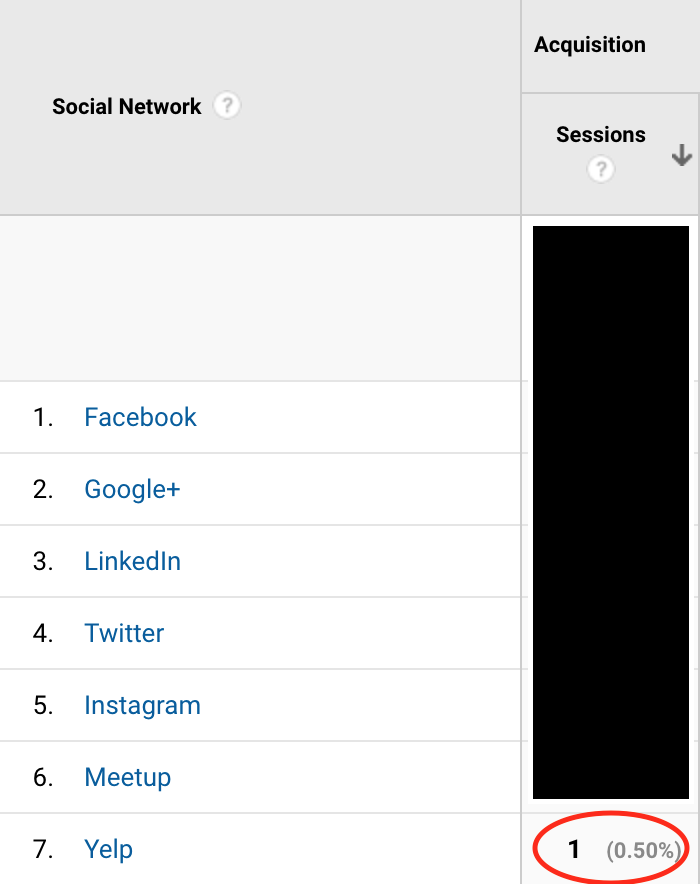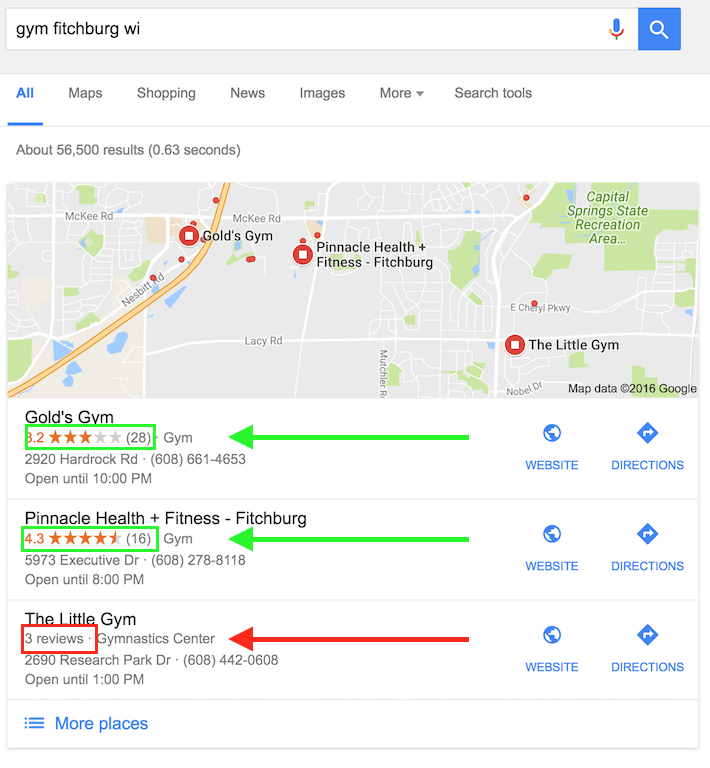Using AI for SEO
January 4th, 2024 Posted by Eagan Heath Local SEO 0 comments on “Using AI for SEO”Dive deep into the world of AI-enhanced SEO strategies. This blog post explores how agencies can use AI to understand client needs, automate processes, and drive better results.
In the ever-evolving landscape of digital marketing, SEO agencies are constantly seeking new ways to enhance their strategies and deliver more value to clients. Enter Artificial Intelligence (AI). This isn’t just a buzzword; it’s a game-changer in understanding and catering to user intent, automating mundane tasks, and crunching data to inform smarter strategies. So, buckle up as we explore how your agency can leverage AI to drive unparalleled client results.
Understanding the AI Revolution in SEO
Before we dive into the tools and tactics, let’s get a lay of the land. AI in SEO is all about smarter, not harder, strategies. It involves using machine learning, natural language processing, and other sophisticated tech to improve every aspect of SEO from keyword research to content optimization and technical audits.
AI Tools to Revolutionize Your SEO Game
- MarketMuse: This content optimization tool uses AI to analyze your content and compare it to the leaders in your topic area. It provides insights on how to improve your content to rank better for your desired keywords.
- BrightEdge: Armed with AI, BrightEdge transforms online content into tangible business results, such as traffic, engagement, and revenue. It offers real-time measurement of content performance and insights into how to optimize it.
- SEMrush: While primarily known as a complete SEO toolkit, SEMrush also offers AI-driven features like traffic analytics, market explorer, and content recommendations, making it a powerful ally for any SEO agency.
- Ahrefs: Known for its robust backlink analysis tool, Ahrefs also incorporates AI in predicting site rankings and understanding keyword difficulty, helping you prioritize your SEO efforts effectively.
Leveraging AI for Enhanced Keyword Research and Content Strategies
AI isn’t just for analyzing data; it’s for creating it too. Tools like Clearscope and Frase use AI to assist with keyword research and to understand what kind of content ranks well for those keywords. They can even help you create content briefs that align with search intent, making your content more likely to rank and resonate with users.
Automating SEO Tasks with AI
Let’s face it; SEO can be repetitive. AI comes to the rescue by automating tasks like site audits, backlink monitoring, and even some aspects of reporting. Tools like DeepCrawl and Screaming Frog offer AI-enhanced capabilities to automate and enhance these tasks, freeing up your team’s time to focus on strategy and creative problem-solving.
Navigating the Challenges and Ethical Considerations
With great power comes great responsibility. While leveraging AI can significantly enhance your SEO strategies, it’s crucial to stay informed about the ethical considerations, such as data privacy and the potential for AI to create misleading or low-quality content. Always aim for a balance between AI-powered efficiency and human creativity and oversight.
Enhancing SEO Blogging with AI Tools
SEO blogging is all about creating content that is not only valuable and engaging to readers but also optimized for search engines. The aim is to rank higher in search results, drive traffic, and establish authority in your niche. Here’s how AI tools come into play:
Surfer SEO: Optimizing Content for Higher Rankings
Surfer SEO is a tool designed to help you understand exactly what Google considers important within your niche. How does it do this?
Content Editor: Surfer provides a real-time content editor that grades your content against what’s currently ranking, suggesting the optimal number of words, headings, images, and even the frequency of specific words and phrases.
SERP Analyzer: This feature allows you to dissect the top pages in your target keywords’ search results, understanding what helps them rank where they do. You can then replicate successful structures and strategies in your own content.
Keyword Research: Surfer SEO helps identify not just primary keywords but also questions and related terms that can enhance your content’s relevance and breadth.
Jasper: Revolutionizing Content Creation
Jasper (formerly Jarvis) is an AI writing assistant that aids in creating compelling content. Here are some ways Jasper shakes things up:
Template-Based Writing: Jasper offers numerous templates for blog posts, social media updates, and more. You can generate high-quality drafts based on these structures and then personalize them.
Long-Form Assistant: For more extensive content pieces, Jasper’s Long-Form Assistant can help you break down the writing process into more manageable chunks, ensuring your content stays coherent and engaging.
Creativity on Demand: Stuck on a headline or looking for a catchy introduction? Jasper can generate multiple options, giving you a creative boost when you need it.
Getting the Most Out of ChatGPT for Blogging
When it comes to blogging, ChatGPT can be a secret weapon. Here’s how you can leverage it:
Idea Generation: Struggling with writer’s block? Ask ChatGPT to suggest blog topics, titles, or even outlines.
Drafting Posts: Provide a brief, and ChatGPT can create a draft for your blog post, which you can then refine and personalize.
Interactive Content: Consider using ChatGPT to create interactive content like quizzes or FAQs that can engage your readers more deeply.
Accelerating SEO Link Building with AI
Link building is crucial for SEO but can be incredibly time-consuming. Here’s how AI is changing the game:
Prospect Identification: AI tools can quickly analyze large datasets to identify potential link-building opportunities, such as sites that have linked to similar content or that rank well for related keywords.
Automated Outreach: Tools like Buzzstream or NinjaOutreach can automate much of the outreach process, from finding contact information to sending personalized emails.
Monitoring and Analysis: AI can help monitor your backlink profile, alerting you to any changes and helping analyze the effectiveness of your link-building efforts.
Conclusion: Embracing AI in SEO Strategies
Incorporating AI into your SEO and blogging strategies isn’t just about staying ahead of the curve; it’s about making the most of your time and resources.
Tools like Surfer SEO and Jasper can significantly enhance content creation, while ChatGPT can assist with everything from drafting posts to generating ideas.
Meanwhile, AI’s role in streamlining link building allows you to focus on strategy and relationships rather than getting bogged down in the minutiae. By leveraging these tools and techniques, agencies and bloggers can drive better results, more efficiently and effectively.
AI is not just a futuristic concept; it’s a present-day tool that can significantly enhance your SEO strategies. By understanding and integrating AI tools and techniques, agencies can offer smarter, more effective, and efficient SEO services. Whether it’s through enhanced content strategies, smarter keyword research, or automation of mundane tasks, AI is ready to help you drive better client results.
Embrace the change, invest in learning and integrating these AI tools, and watch as you set new benchmarks in your SEO success!
